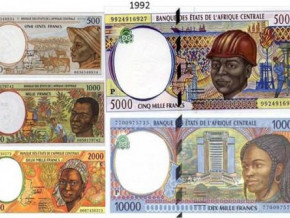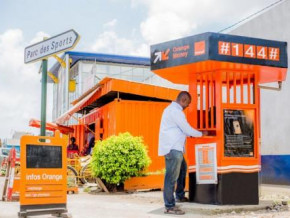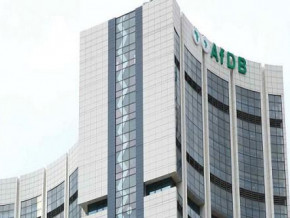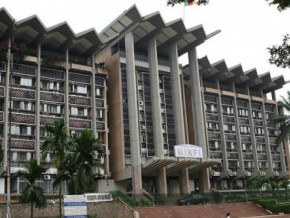
Cameroon Investment Forum 2024 focuses on import-substitution policies and private sector concerns

(Business in Cameroon) - The fourth edition of the Cameroon Investment Forum (CIF), organized by the Investment Promotion Agency (API), kicked off on April 17 in Douala, the country's economic capital. This year's focus is on import-substitution policies in sectors such as rice, maize, fish, milk, and palm oil. Launched officially in 2021, the import substitution policy aims to replace imports with increased local production. Private sector stakeholders have voiced their concerns to the government at this event, highlighting necessary improvements to optimize the implementation of this policy.
Célestin Tawamba, president of the Cameroon Employers' Association (Gecam), raises concerns about land issues in Cameroon, stating, "To produce rice, maize, fish, milk, and palm oil locally, we need space, land. The land issue is well-known in Cameroon. Currently, land titles offer no security as they can be revoked by the minister overnight. How can we expect to develop agriculture if land titles, the fundamental tool, provide no security?"
Similarly, Leonel Kungaba Fongoh, CEO of Global Corporation Group, suggests "facilitating access to land for investment projects," proposing that foreign investors be allocated land provided they partner with Cameroonians. The Ministry of Lands and Land Tenure emphasizes the importance of prospective land acquirers being well-informed about applicable regulations, including the 2014 circular specifying land access conditions for investors.
Addressing another major issue, the president of Gecam highlights the lack of suitable financing mechanisms for agriculture, which also lacks official status in Cameroon. Gwendoline Abunaw, CEO of Ecobank Cameroon and president of the Professional Association of Credit Institutions of Cameroon (Apeccam), encourages private sector actors to engage with credit institutions to better understand available financing options.
Private sector representatives express concerns about accessing markets. Dr. Simon François Yonga Bakalag, national coordinator of the Growth Pole Network Center, explains, "When other countries initiated import-substitution policies, they considered market requirements. Our state must intensify efforts in this regard. We must be able to sell our products before starting production."
Private sector representatives consider it crucial to improve reforms aimed at reducing the imports of products like rice, maize, fish, milk, and palm oil, and successfully achieve import substitution of these products. Statistics presented at the Cameroon Investment Forum (CIF) 2024 reveal that in 2022, Cameroon imported over 841,000 tons of rice for CFA264 billion and 143,000 tons of palm oil worth CFA57 billion.
Mags frontpage
- Most read 7 days
- shared 1 month
- read 1 month





























